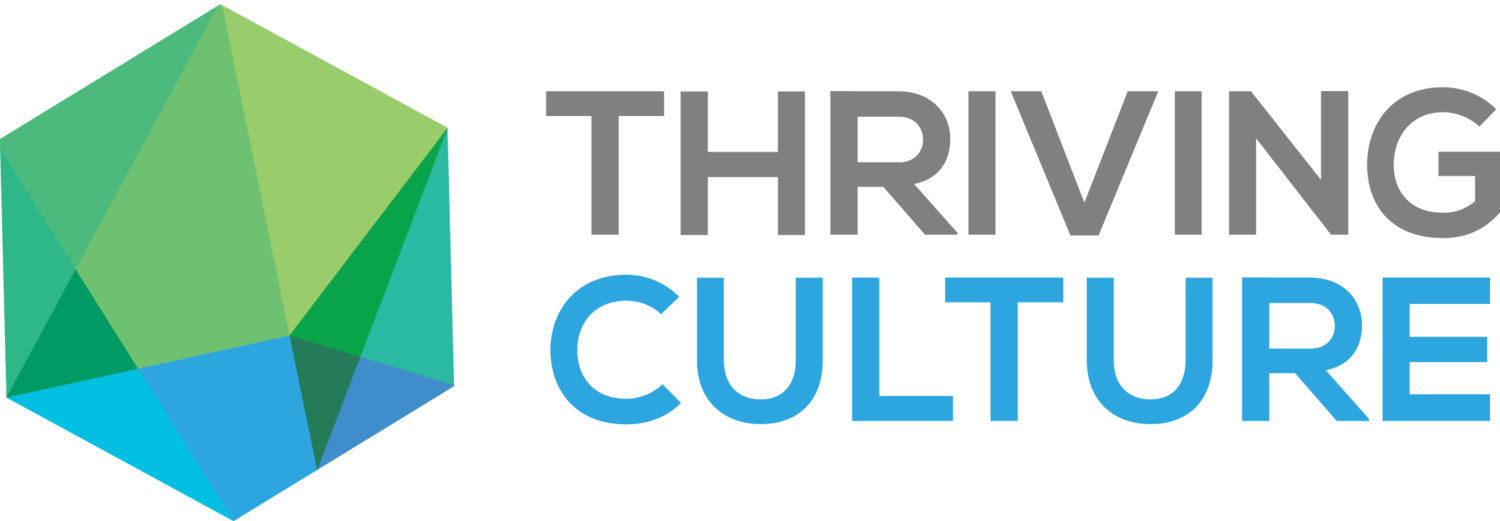The AI Revolution Nonprofits Can’t Ignore: How Thriving Culture™ Is Redefining Work, Wealth, and What It Means to Care
The Morning the Work Finally Stopped Feeling Impossible
It started quietly. No layoffs. No new funding. Just a Tuesday in March 2025 when one nonprofit leader opened her laptop — and noticed she didn’t dread her inbox.
The usual swarm of spreadsheets, forms, and redundant approvals? Gone. Her HR reports were already compiled. Her finance dashboard had updated overnight. Her development team had received its weekly summary without a single Slack ping.
She sat back, bewildered. When did work stop being so heavy?
That organization was among the first to partner with Thriving Culture™ on a radical experiment blending agentic artificial intelligence with cultural intelligence to give overworked nonprofit teams their time, energy, and creativity back.
It wasn’t just an operational change. It was emotional repair.
The AI Revolution Is Not About Technology — It’s About Dignity
Every revolution has a moral test. The industrial one asked what humans would do when machines could lift more. The digital one asked what humans would do when machines could remember more. The AI revolution poses a different question: what will humans do when machines can think faster? The only answer worth having is this: we will think more humanly.
This isn’t about faster payroll, cleaner data, or even automation itself. It’s about who we become when we stop confusing busyness with value. Nonprofits have been surviving for decades by asking staff to do too much with too little. We call it “dedication.” It’s often depletion disguised as virtue.
The problem isn’t people, it’s the structure. And Thriving Culture™ is quietly rebuilding those structures to restore humanity at scale.
The Real Cost of Doing Everything
By 2025, the average nonprofit lost 18–25% of its annual budget to what Stanford calls energy leakage: the slow drain of time, morale, and money through inefficiency and overextension. The tragedy isn’t theft; it’s fatigue.
An HR director reconciling payroll manually. A development officer retyping donor data across tools. A program manager chasing five dashboards and still missing insights. Every redundant hour is a dollar not spent on mission and a person one step closer to burnout.
The Compassion Loop™ — A New Model for Sustainable Work
Here’s what we discovered at Thriving Culture™ after hundreds of organizational assessments: Every act of ethical automation triggers what we call The Compassion Loop™, a chain reaction that turns efficiency into belonging.
It works like this:
Automation reduces repetitive work.
People recover time and emotional energy.
That energy reinvests in connection, mentorship, and trust.
Stronger relationships spark creativity and innovation.
The organization grows more adaptive, making automation even more effective.
It’s not a circle of productivity. It’s a loop of compassion; technology that multiplies care.
When leaders design for this loop intentionally, every dollar saved strengthens culture. And that, paradoxically, becomes the new definition of wealth.
Three Nonprofits That Proved It Works
1. The Denver Youth Network
Before: Program managers spent six hours a week logging attendance and writing grant reports.
After: Agentic workflows now sync data automatically between Google Sheets, dashboards, and funder templates.
Result: Reporting time dropped 75%. Staff now mentor youth directly three extra hours a week.
2. HopeWell Health Coalition
Before: Two staff tracked reimbursements by hand. Payroll errors cost the organization over $40,000 annually.
After: Automation aligned QuickBooks, Gusto, and Drive.
Result: Errors dropped by 92%, and the HR manager now leads a monthly staff wellness circle.
3. The Arts for All Collective
Before: Administrative overload was eroding trust with too many approvals and not enough creativity.
After: Automated document routing and data validation reduced costs by 18%.
Result: The executive director reallocated savings to artist stipends and community engagement.
The systems worked better. But the real change was cultural: meetings became shorter, laughter louder, and staff turnover nearly vanished.
Redefining ROI: From Return on Investment to Return on Intention
Traditional ROI measures financial gain. But in human-centered organizations, return on intention matters more how well your structure amplifies your purpose.
At Thriving Culture™, we measure success across three dimensions:
Financial Efficiency: Reducing leakage and redundancies.
Cultural Vitality: Increasing trust, safety, and belonging.
Creative Output: Freeing time for innovation and human connection.
When those three rise together, retention stabilizes and mission impact compounds. It’s not about cutting staff, it’s about cutting the unnecessary suffering that keeps them from thriving.
Cultural Intelligence Is the Moral Architecture of Automation
AI doesn’t automatically make an organization ethical. Cultural Intelligence (CQ) does.
That’s why every automation project we design begins with a CQ diagnostic mapping where bias, inequity, or invisible labor live in the system. Only then do we introduce automation.
Because AI can make dysfunction faster, or it can make trust scalable. The difference is in design.
A Reflection for Every Leader
If you’re leading a nonprofit, open your calendar. How many of your meetings this week are about maintaining systems and how many are about nurturing people?
Imagine a workplace where that ratio flips. Where the noise of admin fades and the sound of collaboration takes its place.
That’s not a fantasy. That’s design. Automation isn’t taking people away from people. It’s bringing them back together.
The Future of Work Is Relational
AI will change everything — but what it can’t change is why we work. Meaning. Connection. The joy of building something that matters together.
At Thriving Culture™, we’re not just helping organizations adapt to the AI revolution, we’re helping them humanize it. Because the more intelligent our systems become, the more essential our humanity gets.
Join the Compassion Loop™
It’s time to stop money leakage, relieve overextension, and build systems that care. Explore how ThrivingCQ™ can help your organization automate ethically, think strategically, and lead with heart. Connect with us.
